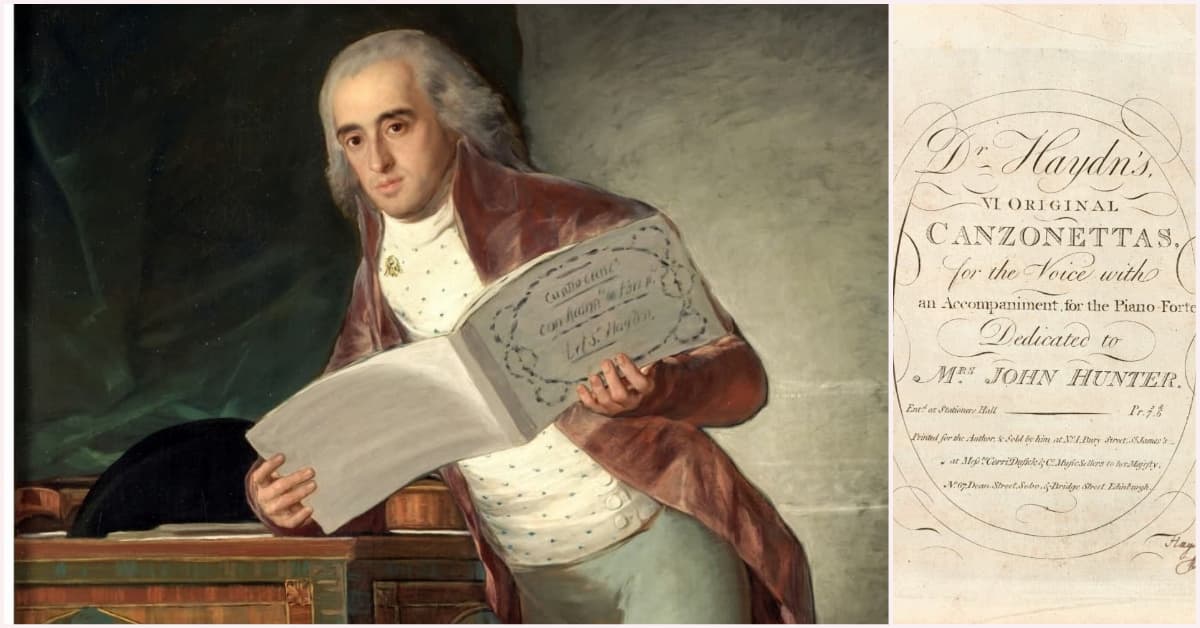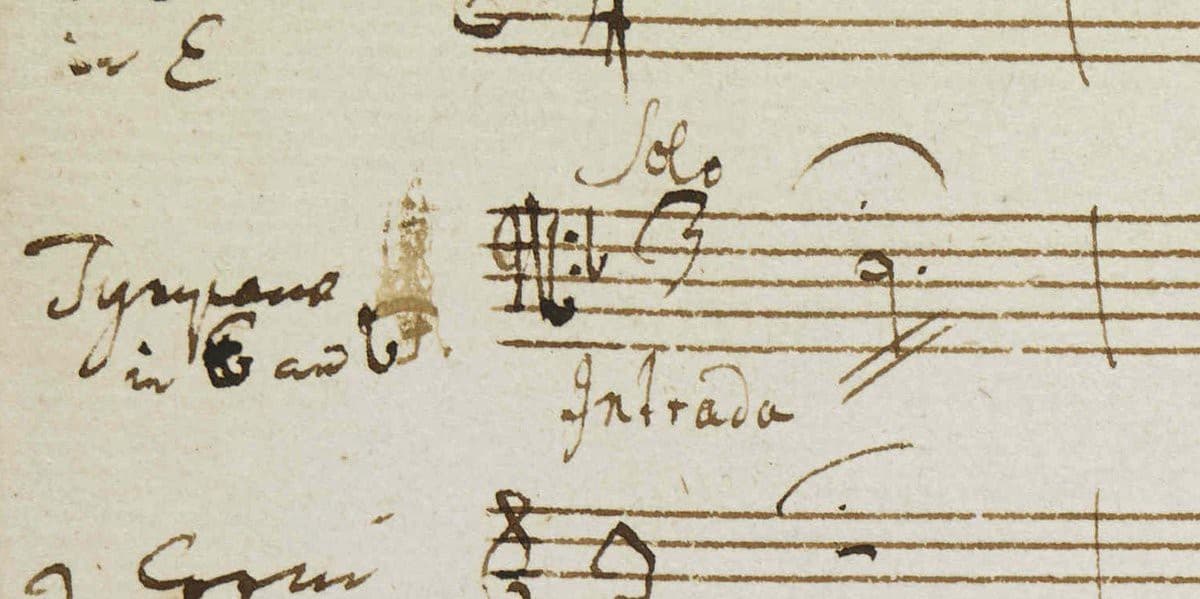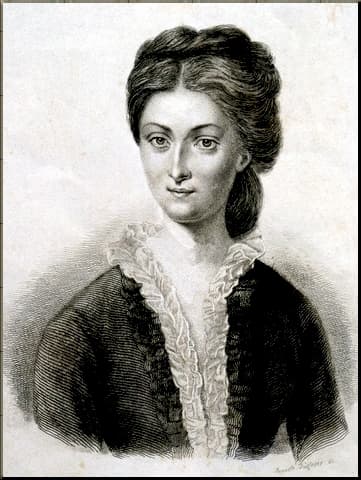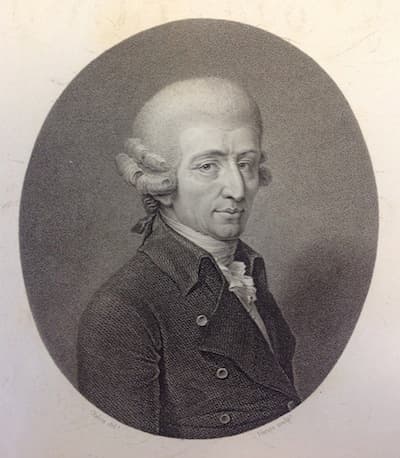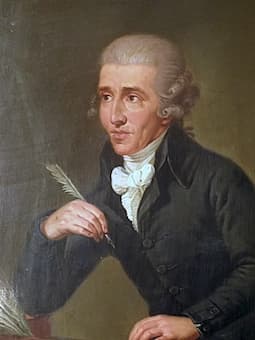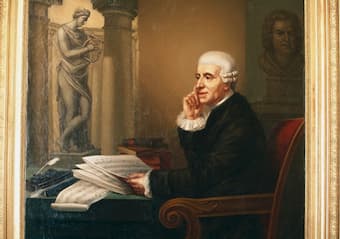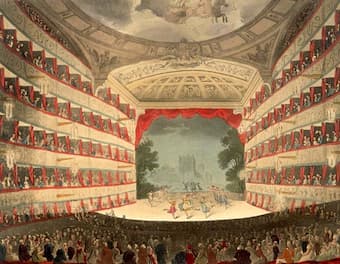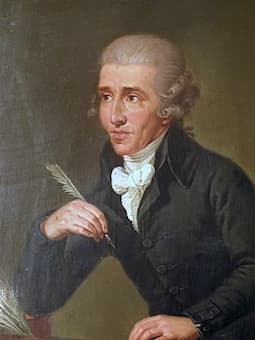What was the music held by the Duke in Goya’s “José Álvarez de Toledo”? Around 1795, the Spanish painter Goya painted a picture of his patron, Don José Álvarez de Toledo Osorio y Gonzaga, 11th Marquess of Villafranca, Grandee of
Haydn
Joseph Haydn (1732-1809) was already considered the greatest living composer when the impresario Johann Peter Salomon invited him to compose and conduct first six, and later six more symphonies for the cosmopolitan audiences in London. The British press hailed him
During his two London visits, Joseph Haydn was treated like royalty. As one of the most celebrated composers in Europe, he led highly successful concerts and composed a number of his best-known works, including his last twelve symphonies. With a
Haydn was rich, but he wasn’t born wealthy… He did come from humble origins, but for his gentrified English audience Joseph Haydn was an accomplished composer, businessman, and gentleman. Yet, his early years of poverty and struggles during his years
Over the last couple of days, I have conducted a little musical experiment. I noticed that 35 out of 106 Symphonies by Joseph Haydn carry a nickname of sorts. There is a “Bear,” a “Queen,” a “Philosopher,” a “Surprise,” a
When Joseph Haydn peacefully closed his eyes for the last time at 12:40 am on 31 May 1809, he was considered Europe’s most illustrious and famous composer. I have previously written a blog on Haydn’s Funeral and the macabre way
Although Joseph Haydn had a wicked sense of humour, he musically never left anything to chance. When he accepted commissions away from his working place at Eszterháza, he conducted extensive research about the performers, the concert hall, and related matters
The village of Rohrau steadily grew from a Roman road and river crossing to support a castle built in the Middle Ages. When the village was attacked in the early 18th century by “a peasant army of the anti-Habsburg Hungarian

